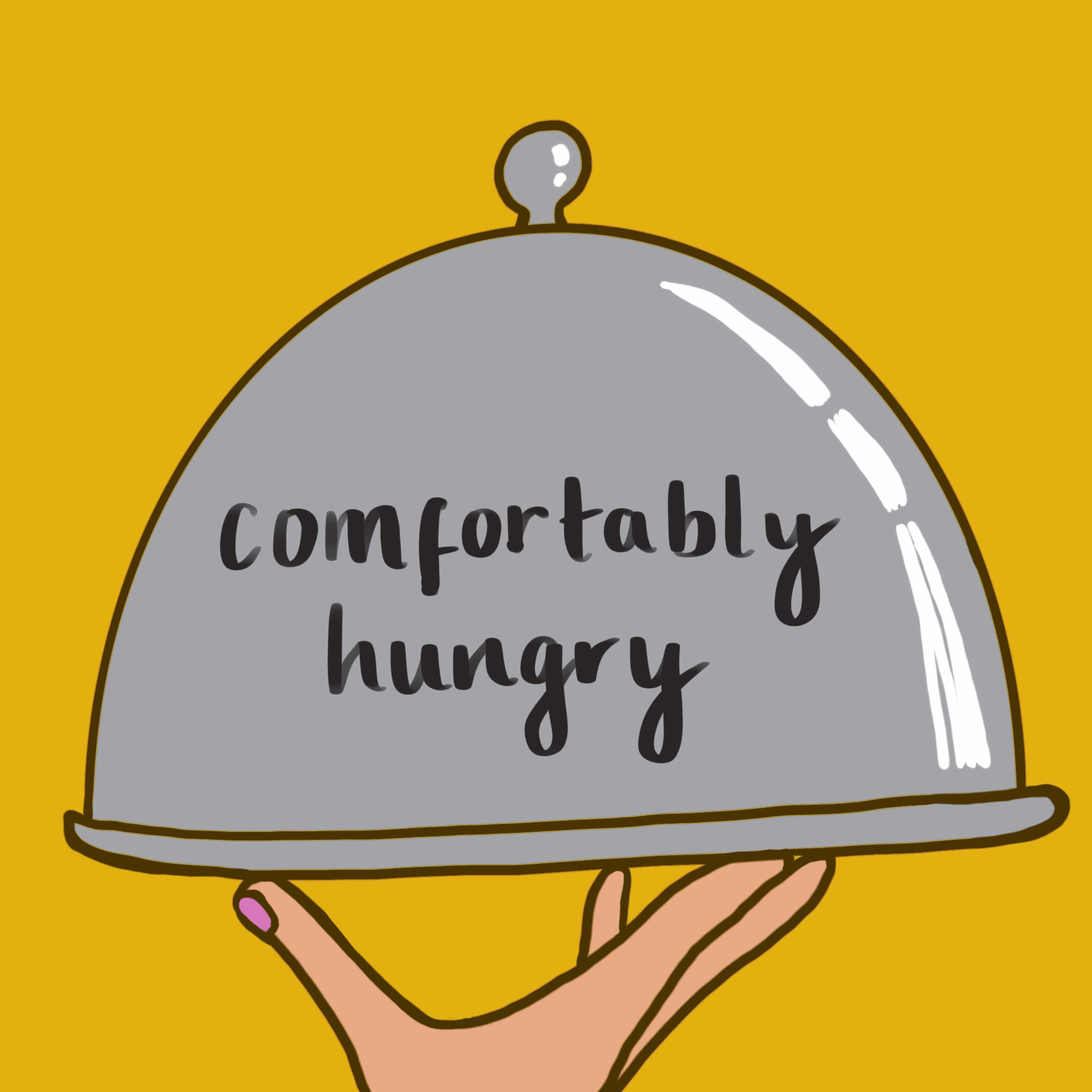Episode 6: Super Spud
Description
In Episode 6 I chat with Professor Rebecca Earle from the University of Warwick about the fascinating history behind the potato.
The potato is one of the most versatile vegetables we eat in the western world. To quote Rebecca from her book Feeding the People: The Politics of the Potato :
‘Today the potato is a remarkably successful global food. It ranks just behind wheat, maize and rice in terms of the volume harvested each year, and is the world’s fifth most valuable food crop. More potatoes are eaten per capita in Malawi than Peru itself. Overall, Europeans are now the world’s most assiduous eaters of potatoes consuming on average some 82 kilos per person each year.’
But it hasn’t always been plain sailing for this south America immigrant. It has been plagued by myths surrounding it’s edibility, such as links between its consumption and leprosy, leading some writers to assume that potatoes weren’t widely eaten in Europe by the working classes prior to the nineteenth century when in fact they were. Over the centuries it has been hailed as both a health food and as a nutritional pariah accused of making the working population lazy. At times the potato has been a source of social unrest yet during both world wars it was relied upon to feed allied and enemy nations. Although in Britain they don’t count as one of your five a day, potatoes are a source of potassium, vitamins C, B1 and B6 and their skins contain fibre. However, finally the potato’s importance to global food security has been officially recognised by the United Nations which declared 2008 the International Year of the Potato.
You can find out more about Rebecca on her website. Rebecca has written a number of books including:
Feeding the People: The Politics of the Potato, Cambridge University Press (2020).
Potato (Object Lessons), Bloomsbury (2019)
The Body of the Conquistador: Food, Race and the Colonial Experience in Spanish America, 1492-1700, Cambridge University Press (2012). Winner of the Conference on Latin America History 2013 Bolton-Johnson Prize.
The Return of the Native: Indians and Mythmaking in Spanish America, 1810-1930, Duke University Press (2008). Winner of the Conference on Latin American History's 2008 Bolton-Johnson Prize Honorable Mention.
Further Reading
Domestic Medicine by William Buchan (1801)
Rural Rides by William Cobbett (1822)
Cottage Economy by William Cobbett (1828)
I’m afraid there were a few Gremlins in the system when we recorded this session but there is a transcript available here.
This is a public episode. If you would like to discuss this with other subscribers or get access to bonus episodes, visit comfortablyhungry.substack.com
More Episodes
The British High Street is on its last legs - or is it?
In Episode 4 I chat to historian, author and broadcaster Dr Annie Gray about her latest book The Bookshop, The Draper, The Candlestick Maker to find out how the British high street has evolved over the centuries. There’s talk of dodgy...
Published 11/07/24
Published 11/07/24
In Episode 3 I explore how food and death have been intrinsically linked over the centuries focusing on two extraordinary funeral feasts. First of all, I am joined by food historian and chef Jay Reifel to dissect the Emperor Domitian’s famous black banquet complete with tombstone party favours....
Published 10/31/24


